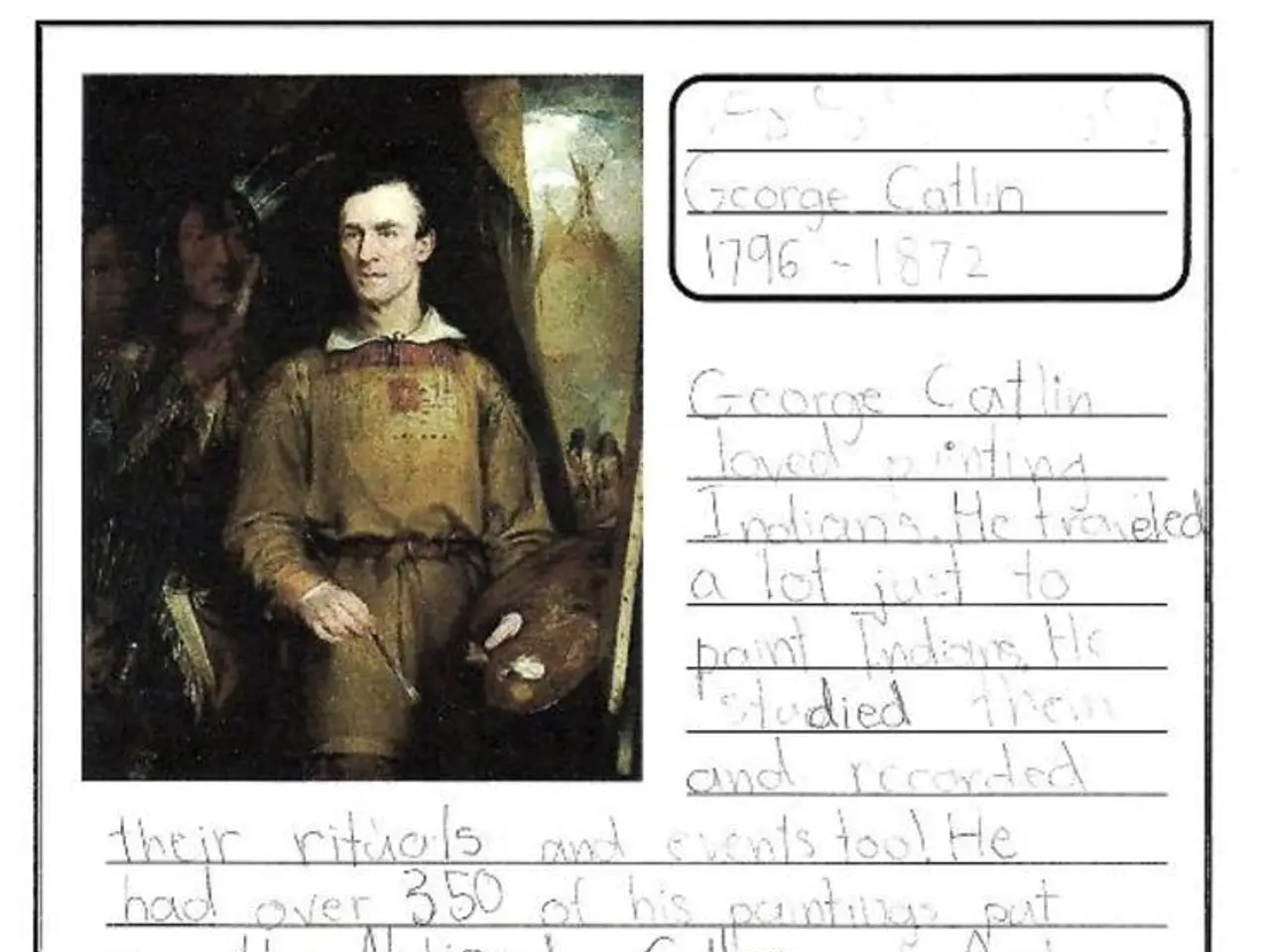Online Political Campaign Strategies: A Hundred Methods to Achieve Virality Immediately
In the modern political landscape, success hinges on effective political marketing strategies. Here's a breakdown of the key components that make a winning campaign.
Constructing a Compelling Narrative
Narrative framing is crucial, as it involves constructing a storyline that resonates with voter emotions, cultural values, or social issues. By aligning with the public's concerns and aspirations, a campaign can gain traction and engage the electorate.
Investing in Political Marketing
Regional parties should invest in political marketing to expand their base, sharpen communication, and compete effectively in the digital age. This includes leveraging various platforms like social media, email, and online advertising.
The Role of SEO and Data
An SEO strategy is important for online political marketing campaigns, helping to increase visibility and reach. Data plays a vital role in voter segmentation, targeting, and performance tracking.
Email Marketing: A Direct Line
Email marketing serves as a direct line for fundraising, event promotion, volunteer coordination, and personalised voter engagement.
Targeting and Tailoring Content
Voter segmentation helps tailor campaign messages to specific groups, ensuring that each demographic receives content that resonates with them. Microtargeting allows campaigns to deliver specific messages to narrowly defined voter segments based on behaviour and preferences.
Creating Viral Content
To create viral content for political marketing on social media, focus on crafting relatable, visually appealing, and emotionally provocative content. This content should tap into current trends and authentic narratives tailored for your audience and platform.
Balancing Emotional Relatability and Authenticity
Viral political content balances emotional relatability, on-trend authenticity, audience-specific language (including toxicity levels), strong visual storytelling, and platform-tailored presentation to maximise shareability and impact on social media.
Building a Strong Brand
Building a strong brand is essential for differentiating a campaign. This involves crafting a narrative, aligning it with a visual identity, training the candidate for media, and amplifying consistency across platforms.
Optimising Campaign Performance
Political marketers track campaign performance using dashboards, social listening tools, A/B testing, and voter feedback loops. Real-time campaign optimization involves continuously adjusting strategies based on live feedback, polling, and social media sentiment.
The Power of Videos
Videos are a powerful tool for reaching voters and sharing messages. They offer a dynamic and engaging medium for conveying a campaign's vision and values.
Negative Campaigning: A Fine Line
Negative campaigning can be effective if used strategically and backed by facts, but excessive negativity can damage a candidate's image. It's important to find a balance that highlights the differences between candidates without resorting to personal attacks.
Ethical Considerations
Political marketers must observe ethical boundaries, avoiding misinformation, respecting voter privacy, ensuring data transparency, and complying with election regulations.
AI in Political Marketing
AI can improve political marketing efforts through predictive analytics, chatbot voter interactions, deep segmentation, and emotional sentiment tracking.
In conclusion, a successful political marketing strategy encompasses message clarity, voter targeting, media mix planning, real-time feedback, authenticity, visual design, brand building, performance tracking, and ethical considerations. By mastering these elements, political campaigns can effectively engage voters, raise funds, and ultimately, win elections.
- Political marketing campaigns on social media necessitate the creation of viral content that is relatable, visually appealing, and emotionally provocative, leveraging current trends and audience-specific narratives.
- Effective regional parties invest in political marketing services, utilizing various platforms like social media, email, and online ads, to expand their base, sharpen communication, and compete in the digital age.
- To optimize campaign performance, political marketers use analytics tools like dashboards, A/B testing, voter feedback loops, social listening tools, and polling to continuously adjust strategies based on live feedback and social media sentiment.
- Building a strong brand is essential for a campaign, involving crafting a narrative, aligning it with a visual identity, training the candidate for media interactions, and amplifying consistency across platforms.
- Political marketing strategies should balance emotional relatability, authenticity, audience-specific language, strong visual storytelling, and platform-tailored presentation to maximize shareability and impact on social media.
- Videos are a powerful tool in political marketing, providing a dynamic and engaging medium for conveying a campaign's vision and values, reaching voters, and sharing messages effectively.








